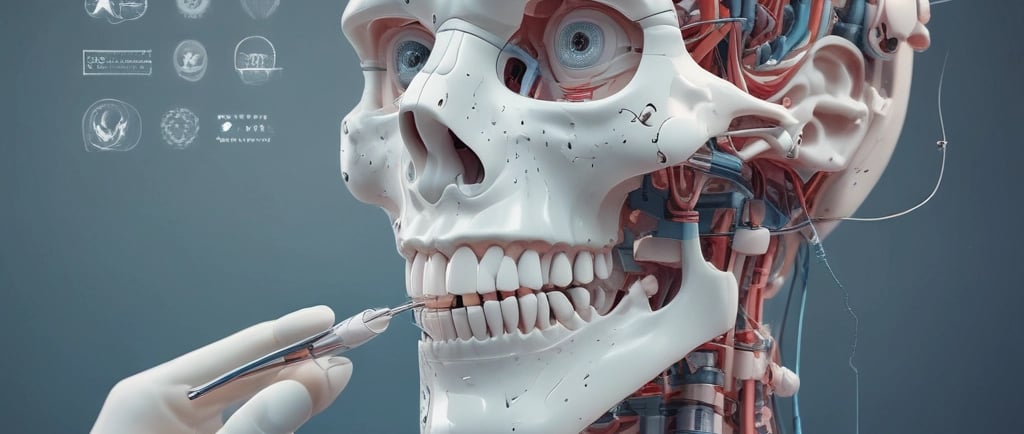Harnessing Big Data and System Learning in Modern Dentistry: A New Era of Precision Oral Health
FOR DENTISTS
7/26/20252 min read


As a practicing dentist, I’ve witnessed firsthand how digital transformation is reshaping our field. One of the most exciting advancements is the integration of big data and system learning, which promises to revolutionize not just patient care, but the entire oral health ecosystem. Recent research, particularly a 2024 study published in the Journal of Dental Research, highlights how system learning models, powered by big data, are improving diagnostics, predicting disease progression, and supporting personalized treatment strategies.
Big data in dentistry refers to the vast amount of digital health records, imaging files, sensor data (like from intraoral scanners), and patient-reported outcomes that are increasingly available through electronic health records (EHRs) and cloud platforms. System learning—an advanced form of machine learning—can analyze this data to find patterns that are often too complex for humans to detect.
In the study, researchers from the University of Michigan Dental School trained a deep learning model on over one million anonymized patient records to predict the risk of periodontal disease. The system considered variables ranging from age, genetic predisposition, smoking status, and socioeconomic factors, to oral hygiene habits logged over time. Remarkably, the model achieved a predictive accuracy of 87%, outperforming conventional risk assessment methods by over 20%.
What makes this development particularly significant is its potential to guide preventive care. Rather than waiting for symptoms to emerge, system learning tools could soon provide dentists with real-time alerts about at-risk patients, allowing for timely interventions like non-surgical therapies or lifestyle counseling. These technologies also show promise in orthodontics, oral pathology, and prosthodontics by enabling faster, data-driven clinical decisions.
However, we must approach this innovation responsibly. Ethical considerations around patient privacy, data bias, and algorithm transparency are crucial. The dental community must collaborate with data scientists and policymakers to ensure these tools are safe, equitable, and beneficial for all.
As we embrace these advancements, our role as dentists will evolve. Rather than being displaced by AI, we will be empowered—using intelligent systems to complement our clinical judgment and provide more precise, personalized, and predictive dental care than ever before.
The future of dentistry is not just digital—it’s intelligent. And that future is closer than we think.
